The first hint that B-girls were in for trouble came in 1957. Alaska statehood was still two years away (the State of Alaska didn’t exist until January 3, 1959). But the Territorial Liquor Control Board was starting to hear the winds of comprehensive reform. At the time, most cities in Alaska had banned the practice. But it flourished at clubs just outside the city limits. All previous initiatives to enact a statewide ban had gone nowhere. Some business interests, it seemed, were loath to act against their fellow entrepreneurs.
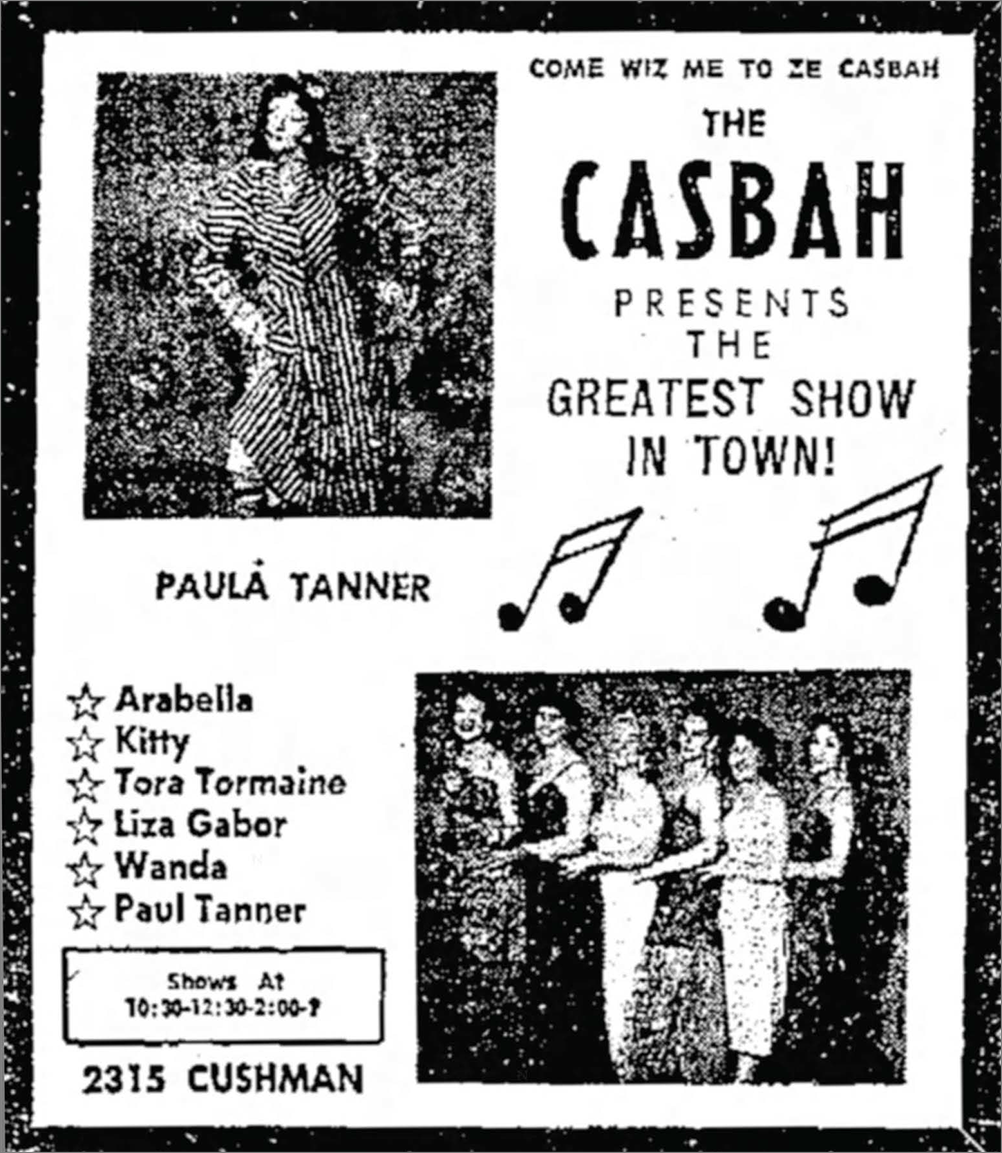
But then there was this little tidbit in the Fairbanks Daily News Miner, dated March 8, 1957. Trouble was brewing.
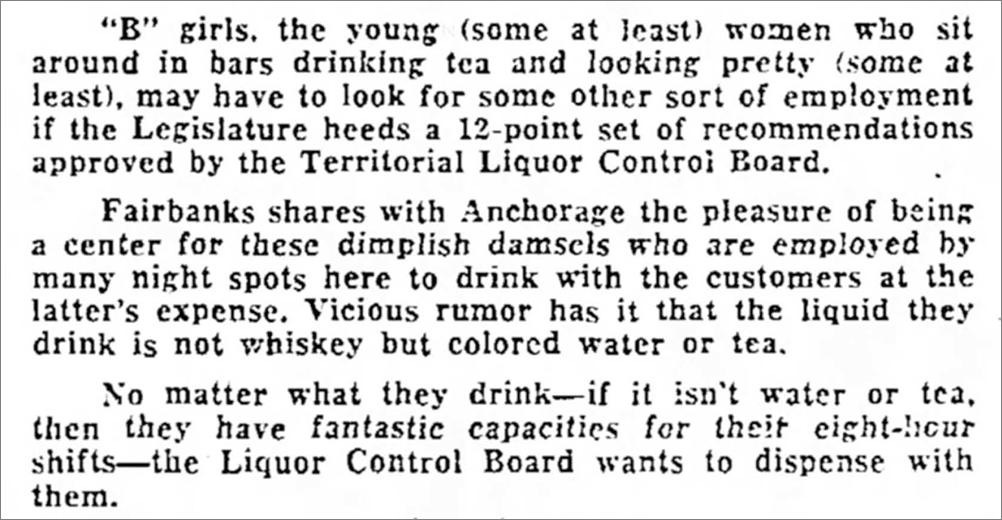
Still, things didn’t exactly jump out of the gates. The Territorial Liquor Control Board didn’t schedule a hearing until January 25, 1958. And then only to “discuss the proposed legislation.” The forces that had thwarted a move against the B-girls had a notable patron in Territorial attorney general J. Gerald Williams (derisively known as Playboy Jerry). The hold up, such as it was, focused on the inequities. The liquor folks wanted to deny the New Reno club, on the outskirts of Anchorage, the ability to renew its beverage license. They hadn’t denied others of its ilk, so the reasoning went. To which Playboy Jerry added:
“If someone is crazy enough to spend $300 for champagne in one of these places, you’ve got to assume he knew what he was getting into.”
J. Gerald Williams, Alaska Territorial Attorney General
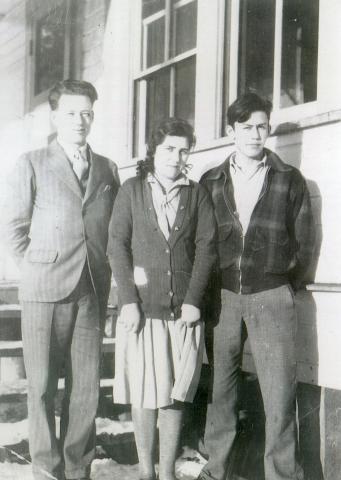
(where he worked as a schoolteacher)
A bill to ban the practice failed in the 1957 Legislature. But this time Williams was up against another force. His was the sole vote on the Board of Liquor Control to disapprove of the draft regulation. It was a start. The Board would next hear from members of the liquor advisory boards stretched out across the state. That was a holding action. But was trouble finally starting to sing another tune?
In it’s January 1958 meeting, the Liquor Board postponed its B-girl regulation until February. Something about the Governor being called to Washington, D.C. In the meantime, they granted a license to the Pulp Club, a roadhouse at Mile 2 near Sitka. Wait… A roadhouse conveniently located near the Sitka Pulp Mill? Hmmm. Did they sell champagne?
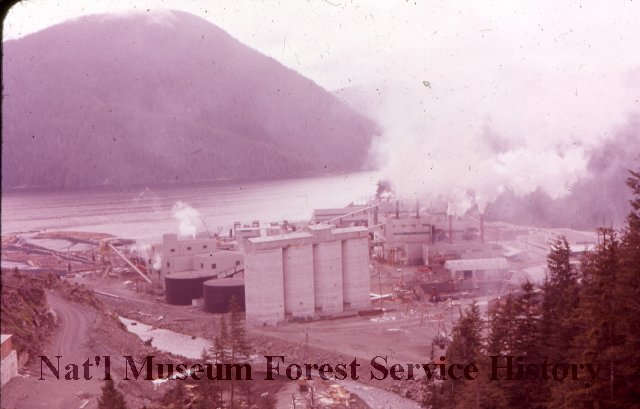
It wasn’t until March of 1959 that Alaska lawmakers decided to move on the B-girl question. Alaska was now a State and it was the State Legislature who took notice. In a vote of 39-1, the House passed a bill forbidding women to be employed in Alaska’s night spots “for the purpose of encouraging customers to purchase drinks.”
By the end of the March, the full legislature had passed the B-girl bill. There was at least one loophole. The bill specifically exempted entertainers, as well as those hired to serve liquor and other “bona fide” nightclub employees. Equally interesting were the comments of the lone dissenter. We give State Representative R.E. Sheldon of Fairbanks the last word.
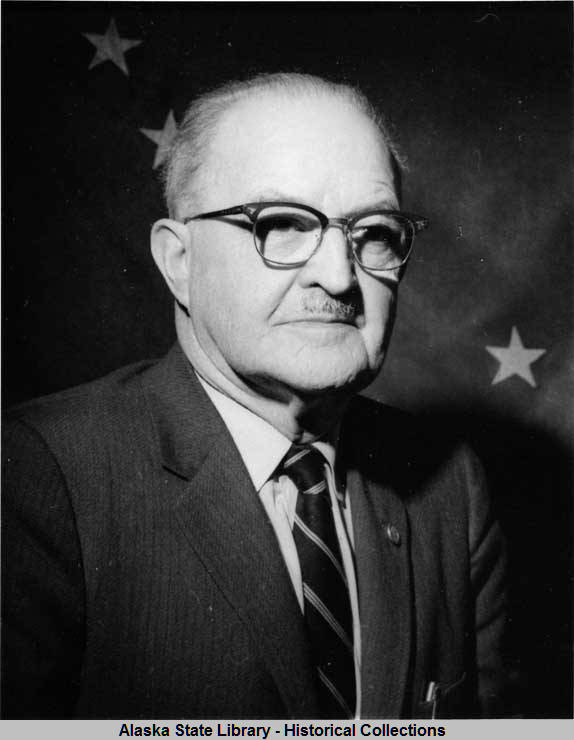
(courtesy Alaska State Library)
Sheldon argued they should leave the B-girls alone. They were the historical offspring, he said, of the dance hall women of pioneer Alaska. And those very women are, Sheldon added, “among our leading citizens and grandmothers today.”
Copyright Leland E. Hale (2021). All rights reserved.

Purchase Butcher, Baker
Order my latest book, “What Happened In Craig,” HERE and HERE. True crime from Epicenter Press about Alaska’s Worst Unsolved Mass Murder.
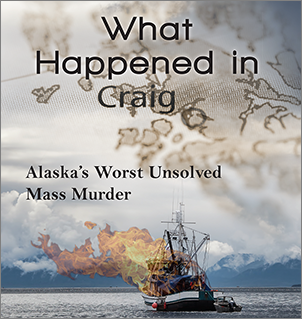
1 thought on “B-Girls: Trouble Brewing in Juneau”